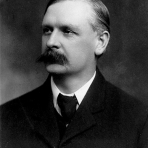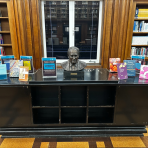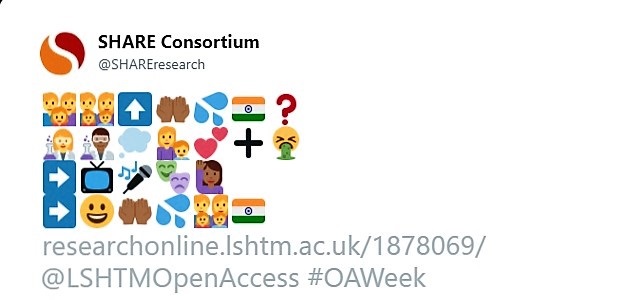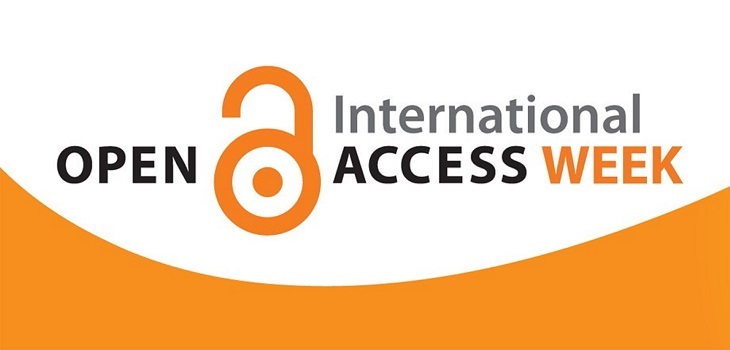Researchers funded by COAF partner charities other than Wellcome Trust:
Please note that due to high demand, our 2017-18 block grant funding for several COAF partner charities has been depleted as of April 2018. The charities include: Arthritis Research UK, Bloodwise, British Heart Foundation, Cancer Research UK and Parkinson…












